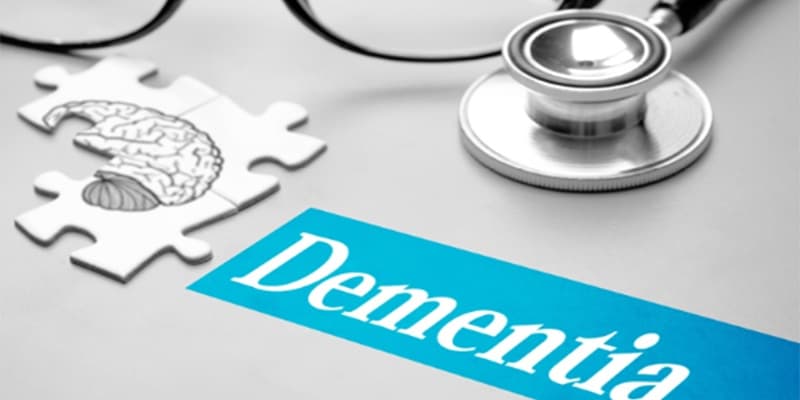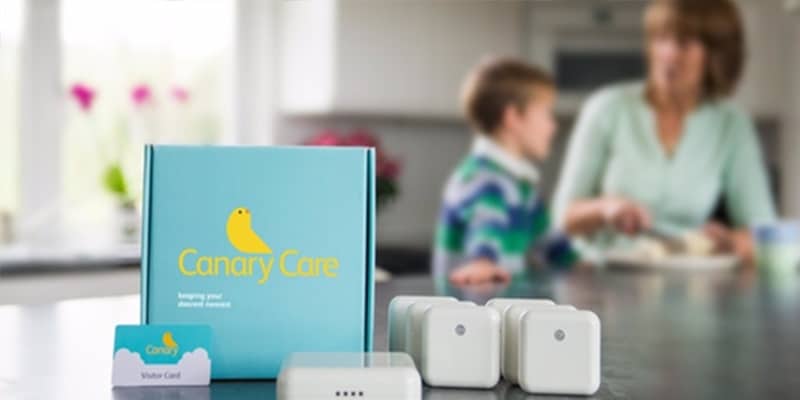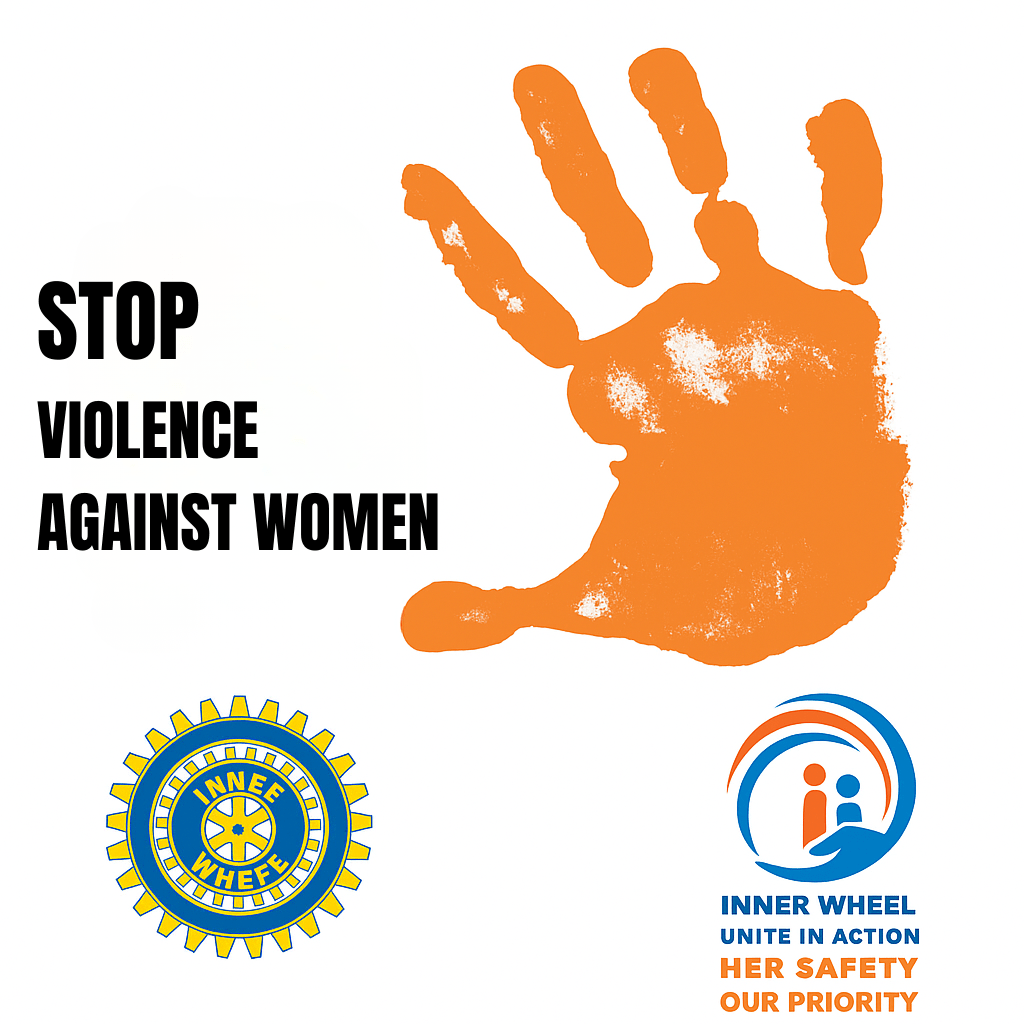Dementia, Long Nights and Wandering
As dementia progresses, progressive loss of cognitive function becomes more apparent.
With long, dark nights over winter difficulties in understanding time increase. Readers of my blog will know that I am supporting my mother to live with vascular dementia. For about a year the concept of time has alluded her, although she could read a clock, she didn’t understand what it meant. So, she could tell you it was 6pm, but not what time it would be in half an hour. This has caused problems getting to appointments and expecting people at the right time – asking why we are late up to 5 hours before the event.
Long nights and dark mornings have made this a serious safety concern. A taxi driver found her at a cashpoint at midnight (luckily, she has an account with company and the driver knew her), and within two days she went to look for her cleaner at 5.30am.
Obviously this is a red flag as to whether it’s safe for her to remain in her own home, but we all want her to retain her indepence.
My approach is to try and understand what is happening, how she feels, and find solutions – but there is no rule book, just like being a new parent, but without grandparents to give advice.
What is actually happening?
We installed motion sensors from Canary Care. The system was a straight-out-of-the-box technology. It was plugged-in and installed within 30 minutes, and once logged-in online we could see her sleep and movement patterns.
She was going to bed between 3-4pm, thinking it was late, and getting up between 3.30-5.30am assuming it was time to be up. Even if it was dark outside she wasn’t thinking that she had misunderstood the time. Sleep is worse on nights before group activities.
How did she feel?
Having a meeting with her brilliant carer, Mother, and my brother, we discussed what had been happening. She felt confused, anxious and concerned that she didn’t know what was happening, and had been either going to her group activities, or looking for people.
Solutions
1. Additional care visit each day at teatime to keep her up later, to sleep-in longer.
2. A weighted comforter to make bed more comforting and reducing anxiety.
3. A reminder to call her each evening to remind her to stay up.
4. Telling Mother that sensors are installed, so I can see what times she gets up and goes to bed.
5. Stressing the importance of never leaving the flat before a carer has given her breakfast.
Results:
• Within a week sleep patterns improved.
• No night/early-morning wandering.
• Sleep patterns continuing to improve.
However, nothing ever moves smoothly, and carers have to have time off. Although her regular carer was replaced by very kind and capable individuals – most of whom she already knew – from the day before her carer went on holiday her sleep pattern started to deteriorate – her carer, who wasn’t familiar with her routine had driven her there (at Mother’s request).
Looking at her sensor-recorded movements her sleep pattern had deteriorated significantly. The worse nights being before activities (going out with friends/family attending groups).
Her evening call, and my telephone call are both later. Mother and I have spoken about the worry she experiences the nights before activities, and she is considering giving up the group that she worries about the most – whilst claiming she still enjoys going.
Further to previous posts about technologies – the Canary Care System helps tremendously in understanding what is happening, we share access to the dashboard with her carer, so we can congratulate her on improvements, and remind her to stay in bed when she has a wakeful night. Her carer can also monitor sleep again daily activities and how well she eats. With a better understanding we will use the system to set text notifications which work with rules we set, so adds to the list of digital technologies already in-place.




